Kids want us, not just our information!


Standards-based curriculum and pedagogy are the #1 priorities in our schools, but they are only part of what helps children grow up happy, whole, and successful. Who we are in our classrooms has an even greater impact on our kids. They watch our every move, and absorb everything we do and say (and don’t say). In grad school, one of my professors posted this quote on her door:
“You can‘t teach what you want to teach. You can’t teach what you’re supposed to teach. You can only teach who you are!”
To say it another way, a good friend of mine (and a fabulous dad!) told me this funny story about his 4-year-old son. Recently they pulled up to a McDonald’s drive thru, and his son ordered an ice cream cone. When the clerk said, “Sorry, we’re all out today,” the 4 year old blurted out “Well, sh-t!” No one taught him to say that, but he learned it anyway. Psychologists call this Observational Learning.
Observational Learning refers to all the stuff we learn by watching others. Children learn not just through what we teach them, but also by observing how we act, what we say, and how we handle life (the good and the bad.) My friend’s example is funny, and obviously benign, but as teachers, I think it’s worth asking the question, “What are my students really learning from me today?”
By courageously being ourselves, with our unique gifts and talents, we help kids thrive. In our best moments, kids learn from us how to contribute in a positive way, how to be real and authentic. and how to make a difference in someone’s life. In our weaker moments they learn humility, resilience, and self-compassion. In us, they see a life they’d like to emulate.
In his inspiring video clip, From Effectiveness to Faithfulness (watch below), Parker Palmer describes the power of being faithful to the gifts we possess and our ability to use these gifts to make a difference in the lives of kids. Being faithful to our gifts is more than enough to make a positive impact in our classrooms.
From Effectiveness to Faithfulness from Center for Courage & Renewal on Vimeo.
So how do we actually grow and strengthen our ability to be ourselves? A good place to start is a simple exercise called “What Went Well.” I have modified it for teachers. I often start off my school’s weekly staff meetings with a few minutes of What Went Well. And my wife and I love practicing it together at the end of a long day. Here’s how it works.
- First, think through your day and identify a few moments when things went well. Even the smallest things count! Maybe you laughed with your math class, or acknowledged a student for being nice to a peer. Maybe that new lesson plan really grabbed your kids, or maybe it flopped, but you learned a few things to make it better next time. Anything positive counts. And it gets easier as you practice.
- Next, ask yourself “what strengths or skills was I using to pull that off?” This is your chance to begin owning your gifts and honoring yourself for what you bring. Be really honest with yourself. And if you find it difficult to claim your contributions, pretend you’re talking with a student. You saw them do something amazing and you’re helping them to celebrate it.
- And finally, notice if anything has shifted. How do you feel in your body? What kinds of thoughts or emotions are you having? How do feel about going to work tomorrow? Have fun with it, and keep practicing!
I believe each of us has what it takes to inspire kids to grow up happy, peaceful, and successful. All we have to do is be ourselves! Of course that’s easier said than done, so make sure you have lots of good support along the way. And drop me a line, I’d love to hear how it’s going.

Ryan Murtfeldt, MA, CWPC is a middle school music teacher and professional coach who loves helping other teachers thrive. He has spent 14 years as an educator helping people feel inspired and do great work in the world! Learn more at www.tworiverscoaching.com.
This article is reblogged from the Center for Courage & Renewal with their permission. www.couragerenewal.org.
We would love to hear how What Went Well worked for you or other exercises that you use to stay present and positive in the classroom.
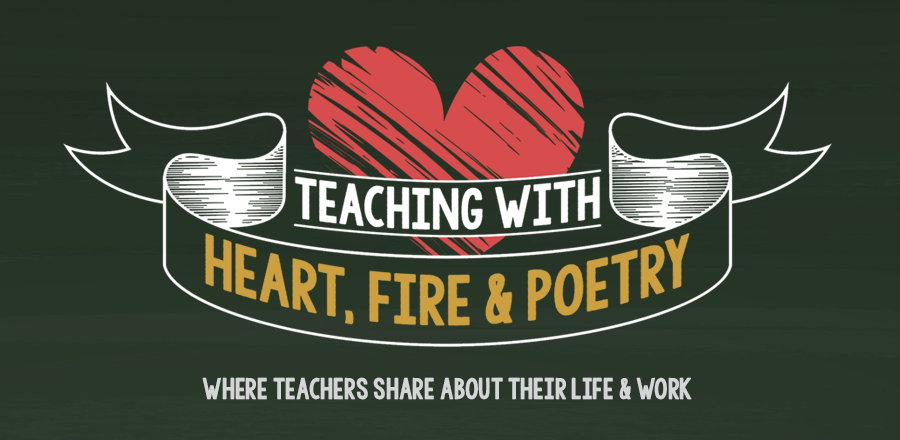
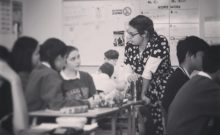
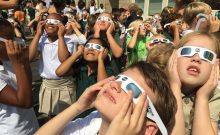
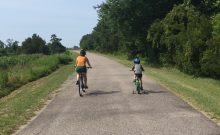
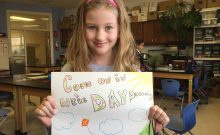
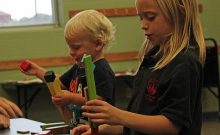
Leave a Comment